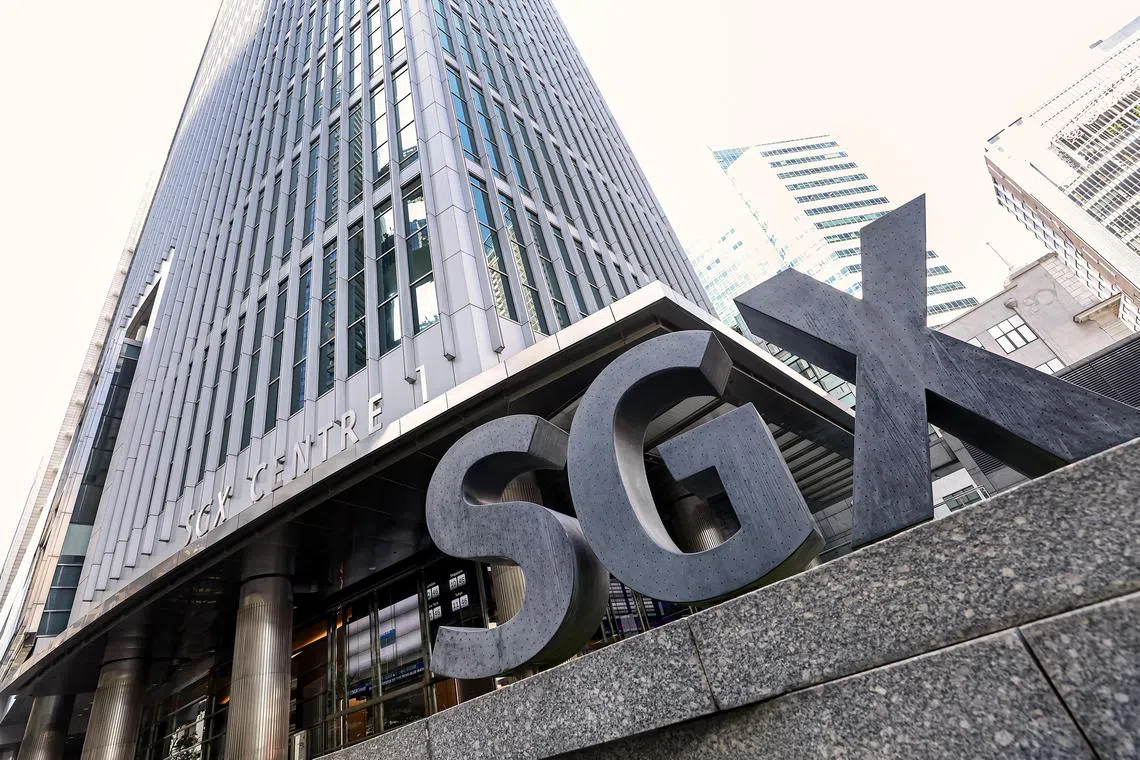Singapore shares gain amid mixed regional showing; STI inches up 0.5%
Sign up now: Get ST's newsletters delivered to your inbox

The benchmark Straits Times Index rose 0.5 per cent or 17.28 points to 3,458.66 with gainers easily outpacing losers 314 to 220.
PHOTO: BT FILE
Navene Elangovan
Follow topic:
SINGAPORE – Another slide on Wall Street overnight left regional investors on edge, but local shares defied the negative sentiment to claw their way into the black on Sept 5.
The benchmark Straits Times Index (STI) rose 0.5 per cent or 17.28 points to 3,458.66, with gainers outpacing losers 314 to 220 across the broader market on solid trade of 1.3 billion shares worth $1.2 billion. The STI’s biggest gainer was Mapletree Pan Asia Commercial Trust, which climbed 3 per cent to close at $1.38, while DFI Retail Group led the index decliners, falling 1.1 per cent to US$1.85.
CapitaLand Integrated Commercial Trust was the most active counter by volume for the second day running, with 74.5 million shares traded, lifting the counter 1.5 per cent to $2.09 in the process.
Regional markets were mixed. Australia’s ASX 200 climbed 0.4 per cent on the back of tech, property and bank gains, and Shanghai shares gained 0.1 per cent.
But Japan’s Nikkei 225 slipped 1.1 per cent following a 4.2 per cent plunge on Sept 4 and the Kospi in Seoul lost 0.2 per cent.
Wall Street did not inspire much confidence, with a mixed session overnight after the carnage of Sept 3 that was sparked by concerns over manufacturing sector weakness and a softening job market. The S&P 500 slid 0.2 per cent and the tech-focused Nasdaq dipped 0.3 per cent, but the Dow Jones Industrial Average inched up 0.1 per cent.
Mr Stephen Innes, managing partner of SPI Asset Management, said there is a lingering worry that the sharp pull-backs on Wall Street this week might signal a deeper problem with the US economy.
The latest official data shows that job openings in the US are at their lowest since January 2021, indicating a cooling labour market.
“While that’s a positive in terms of easing wage pressures and keeping inflation in check, it also raises questions about the economy’s underlying strength,” Mr Innes said. THE BUSINESS TIMES

